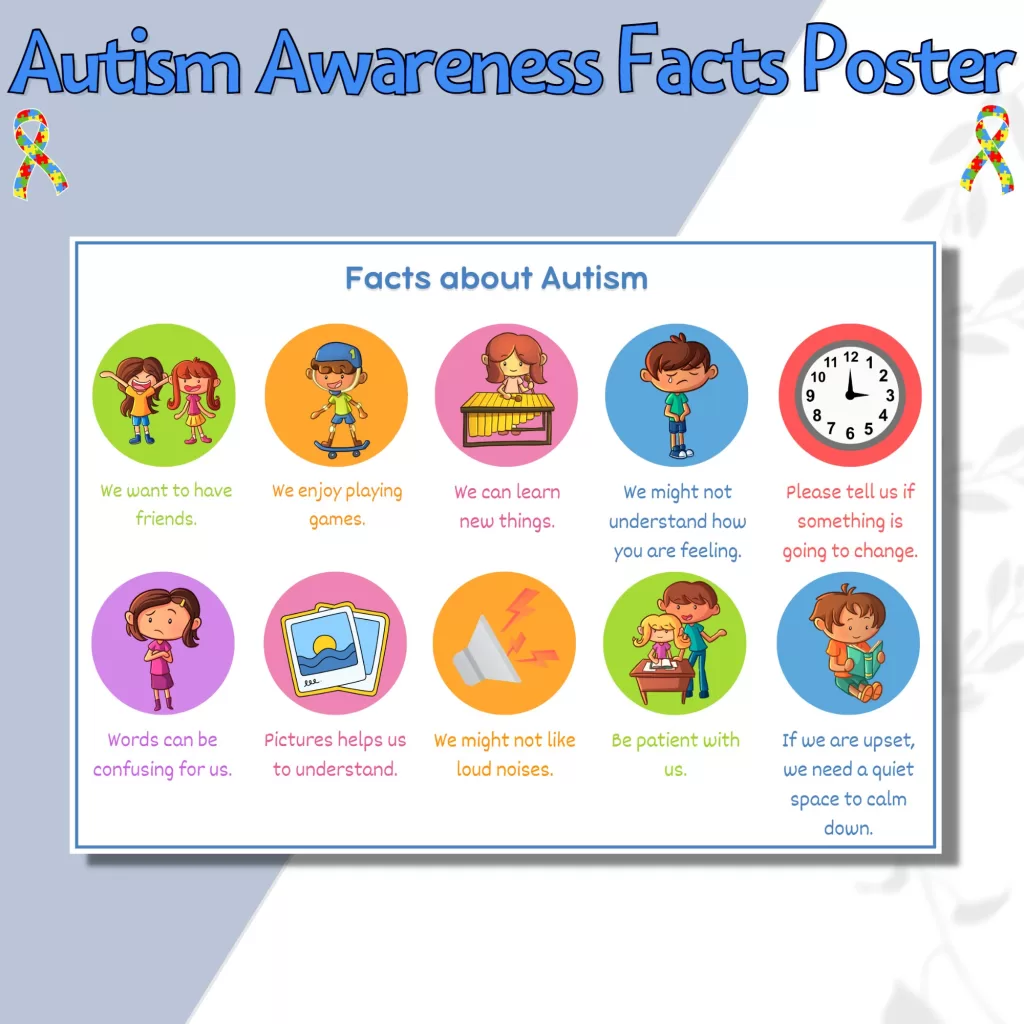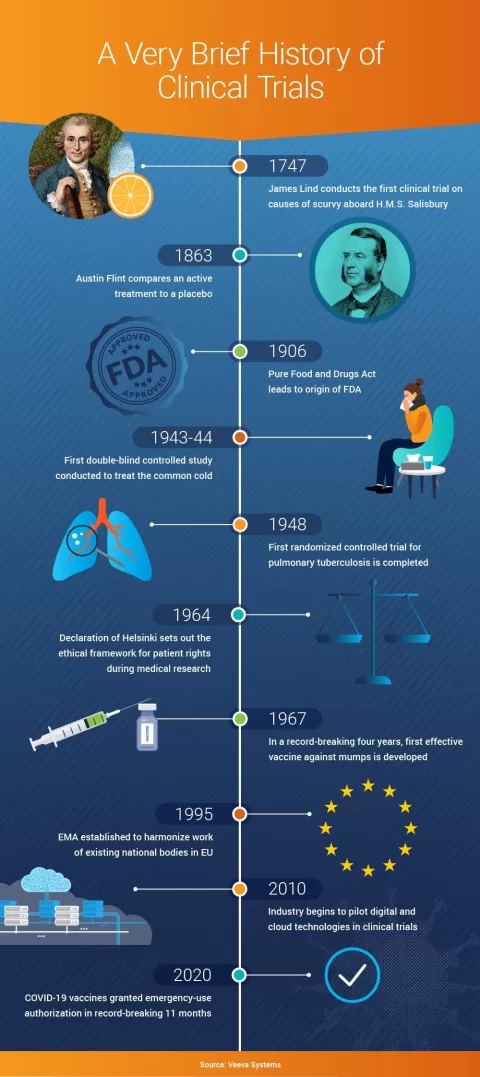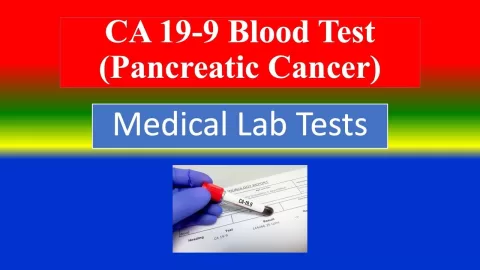Understanding Autism is essential for fostering a more inclusive society. Autism Spectrum Disorder (ASD) affects millions worldwide, presenting a range of symptoms that can impact communication and social interaction. From recognizing autism symptoms such as social challenges and repetitive behaviors to understanding the importance of autism tests for early diagnosis, each aspect plays a vital role in supporting those on the spectrum. Recent autism news highlights significant advancements in autism awareness and community support, showcasing the ongoing commitment to improving lives. This blog post aims to deepen your understanding of autism and explore the latest developments in the field.
Autism, often referred to as a neurodevelopmental disorder, encompasses a variety of conditions that affect how individuals perceive and engage with the world around them. Known also by its clinical term, Autism Spectrum Disorder (ASD), it manifests through various symptoms including communication difficulties, social interaction deficits, and repetitive behaviors. Recognizing these signs early through autism tests can lead to timely interventions, enhancing the quality of life for those affected. With the recent surge in autism awareness campaigns and initiatives, the conversation surrounding autism is evolving, encouraging more communities to embrace understanding and support. This exploration will delve into the intricacies of autism, addressing symptoms, assessments, and the latest news surrounding this vital topic.
Key Symptoms of Autism Spectrum Disorder
Autism Spectrum Disorder (ASD) manifests through a variety of symptoms that can significantly impact daily functioning. One of the most prominent symptoms is communication difficulties, which may present as limited verbal skills or challenges in understanding and interpreting non-verbal cues. For instance, individuals with ASD might have trouble engaging in conversations or may not respond to their name being called, leading to misunderstandings in social situations.
Additionally, social interaction deficits are common among those on the spectrum. Many individuals with autism struggle to form meaningful relationships, often finding it difficult to understand others’ emotions or to engage in reciprocal conversations. These challenges can lead to feelings of isolation and frustration, both for the individuals with autism and their families, highlighting the need for increased autism awareness and support.
Understanding Autism: Tests and Assessments
To accurately diagnose autism, healthcare professionals utilize various tests and assessments tailored to evaluate the individual’s behavior and development. Some of the key autism tests include structured interviews and observational assessments that consider developmental history and current functioning. Tools such as the RAADS-R Test are particularly useful for adults who may have been undiagnosed in childhood, as they provide insights into social and communication behaviors typical of autism.
Moreover, initial screening tools like the Psych Central’s Autism Quiz can help identify the need for further evaluation. It is crucial for parents and caregivers to be aware of these resources, as early intervention can significantly improve outcomes for individuals with autism. Understanding these assessments not only aids in diagnosis but also fosters a supportive environment for those navigating the complexities of autism spectrum disorder.
Recent Developments in Autism Awareness
Recent initiatives in autism awareness are essential for promoting understanding and acceptance in society. For instance, the film ‘The Unbreakable Boy’ has sparked discussions about the portrayal of autism in media, highlighting both the strengths and challenges faced by families. While the film has been praised for its heartfelt narrative, it also raises critical questions about the accuracy and depth of autism representation, pushing for a more nuanced understanding of autism spectrum disorder.
Additionally, organizations like the Greater Phoenix Autism Society are making strides to connect individuals on the spectrum with law enforcement, aiming to enhance safety and understanding during interactions. These developments are vital in fostering a more inclusive community where individuals with autism are respected and understood, thereby reducing stigma and promoting advocacy efforts for autism awareness.
The Importance of Autism Awareness Month
April is designated as Autism Awareness Month, a time dedicated to raising awareness and promoting acceptance of autism spectrum disorder. This initiative plays a crucial role in educating the public about the challenges faced by individuals with autism and the importance of community support. Events and campaigns held during this month aim to foster understanding and encourage conversations about autism, helping to dispel myths and misconceptions surrounding the disorder.
Furthermore, Autism Awareness Month highlights the achievements of individuals on the spectrum, showcasing their unique talents and contributions to society. By participating in awareness activities, communities can build a more inclusive environment that embraces diversity and supports those affected by autism, ultimately leading to a greater understanding of autism symptoms and the need for supportive services.
Emerging Trends in Autism Research and Support
Recent trends in autism research focus on improving diagnostic methods and developing better support systems for individuals and families. Innovations in technology, such as telehealth services and online assessments, have made it easier for individuals to access autism tests and receive timely interventions. These advancements are particularly significant in light of the increased demand for autism awareness and support services in various communities.
Moreover, ongoing research continues to explore the biological and environmental factors associated with autism spectrum disorder, aiming to enhance our understanding of its causes and manifestations. As new findings emerge, they pave the way for more effective therapies and interventions tailored to the unique needs of individuals with autism, ultimately improving their quality of life and fostering a society that recognizes and values neurodiversity.
Frequently Asked Questions
What are the common autism symptoms to look for in Autism Spectrum Disorder (ASD)?
Common autism symptoms in Autism Spectrum Disorder (ASD) include communication difficulties, such as trouble with both verbal and non-verbal communication, social interaction deficits where individuals may struggle to form relationships or understand social cues, repetitive behaviors like engaging in specific routines, and a focus on particular interests that may be intense. Recognizing these symptoms early can lead to timely diagnosis and support.
How can autism tests help in understanding Autism Spectrum Disorder?
Autism tests play a crucial role in understanding Autism Spectrum Disorder (ASD) by providing a structured way to evaluate symptoms and behaviors. Tools like the RAADS-R Test and online quizzes from Psych Central or IDRlabs can help identify potential autism traits, guiding individuals and families to seek further evaluation from professionals. Early assessment is vital for tailored support and interventions.
What recent developments are important for autism awareness?
Recent developments in autism awareness include initiatives like ‘The Unbreakable Boy’ film, which aims to portray the complexities of autism, and the Greater Phoenix Autism Society’s efforts to improve safety interactions with law enforcement. Additionally, New Jersey’s new driver’s license designation for individuals with autism promotes understanding during traffic stops, showcasing ongoing efforts to enhance community awareness and support.
Why is Autism Awareness Month significant for understanding autism?
Autism Awareness Month, recognized every April, is significant for promoting understanding and acceptance of Autism Spectrum Disorder (ASD). This month highlights the challenges faced by individuals on the spectrum and celebrates their achievements, encouraging communities to engage in conversations about autism, increase support services, and foster inclusivity for those affected by autism.
What resources are available for families seeking support for autism symptoms?
Families seeking support for autism symptoms can access various resources, including organizations like Autism Speaks, which provides information on autism spectrum disorder, available assessments, and community programs. Local autism societies and online platforms offer support networks, educational materials, and connections to services tailored for individuals on the autism spectrum, helping families navigate challenges effectively.
| Key Points | Details |
|---|---|
| Understanding Autism Spectrum Disorder (ASD) | ASD is a neurological and developmental disorder affecting communication and interaction. |
| Core Symptoms | 1. Communication Difficulties 2. Social Interaction Deficits 3. Repetitive Behaviors 4. Focus on Specific Interests |
| Autism Tests and Assessments | 1. Psych Central’s Autism Quiz 2. Clinical Partners Assessment 3. IDRlabs Autism Spectrum Test 4. RAADS-R Test |
| Recent Developments | 1. ‘The Unbreakable Boy’ Film 2. Greater Phoenix Autism Society Initiative 3. New Jersey’s Driver’s License Designation 4. Pathfinders for Autism Campaign |
| Autism Awareness Month | April is dedicated to promoting understanding and support for autism. |
Summary
Understanding Autism is crucial for fostering a supportive environment for individuals on the spectrum. Autism Spectrum Disorder (ASD) is a multifaceted condition that presents various symptoms, including communication difficulties and social interaction deficits. Recognizing these challenges allows for better assessments and tailored interventions, as seen in recent testing initiatives and community support programs. With ongoing developments such as awareness campaigns and legislative changes, we can create inclusive spaces that honor the needs and strengths of those with autism. By staying informed and engaged, society can contribute positively to the autism community.
The content provided on this blog (e.g., symptom descriptions, health tips, or general advice) is for informational purposes only and is not a substitute for professional medical advice, diagnosis, or treatment. Always seek the guidance of your physician or other qualified healthcare provider with any questions you may have regarding a medical condition. Never disregard professional medical advice or delay seeking it because of something you have read on this website. If you believe you may have a medical emergency, call your doctor or emergency services immediately. Reliance on any information provided by this blog is solely at your own risk.







